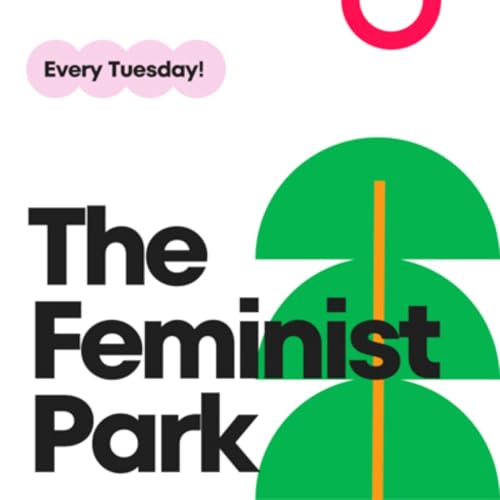Urban heat is not just a weather issue, it is a mental health and justice issue. This episode traces how urban design, materials, and the erasure of nature create hostile microclimates that raise stress, anxiety, and risk for mental disorders, much like past environmental hazards such as poor sanitation or flooding once did. Inspired by 19th‑century public health design, the authors argue that extreme heat must be reframed as a human‑magnified disaster, demanding deliberate, climate‑sensitive planning rather than being dismissed as “natural.” At the heart of the discussion is thermal well‑being: everyone’s right to restorative, comfortable, and safe thermal conditions in streets, parks, and homes.
Linking this to climate gentrification in Barcelona, the episode shows how heat‑adaptation measures—like new cool parks or climate shelters—can unintentionally fuel displacement when they raise property values and rental prices in already vulnerable neighbourhoods. Using a participatory vulnerability index, Calderón‑Argelich and colleagues reveal that those most exposed to heat often have the fewest resources to adapt, while officials and grassroots groups diverge on whether infrastructure or housing justice is the real solution. For the Feminist Park Project, these insights are central: the park must function as a cooling, climate‑resilient refuge that supports mental health, without triggering green or climate gentrification. This means centring marginalized residents in design and governance, treating thermal comfort as a feminist right to the city, and ensuring that any cooling benefits do not come at the cost of displacement.
Article: "Cityscapes, Climate, and Mental Health: Designing Cities for Thermal Wellbeing"
Authors: Peter J. Crank, Paul Coseo
Article: "Co-Mapping Vulnerability to Climate Gentrification in the Context of Urban Heat: A Participatory Index at the Metropolitan Scale"
Authors: Amalia Calderón-Argelich, Isabelle Anguelovski, Eider Etxeberria, Lisa Hannuschke, Andréanne Chu Breton-Carbonneau, Antonio López-Gay, Galia Shokry, Emilia Oscilowicz, Josh Lown, Patrice C.Williams, Elena Lacort, Minerva Campos
The Feminist Park Project is a Berlin‑based feminist urbanism initiative that aims to create the world’s first intersectional feminist park—an experimental green space designed through the lenses of gender justice, environmental justice, and anti‑gentrification. Grounded in research on green gentrification, public health, and just ecofeminist cities, it responds to evidence that conventional parks and urban planning often exclude women, FLINTA*, BIPoC, queer communities, and low‑income residents, or even accelerate displacement when “greening” is not paired with housing and social protections.
The Feminist Park Project is a research‑driven, storytelling‑rich experiment in feminist urbanism that asks a simple but radical question: what would it mean to build a park for those who would rather “choose the bear than the man” in public space—women, queer and trans people, migrants, racialized communities, and anyone whose very existence is political. Drawing on debates like the man vs bear thought experiment and books such as Feminist City: Claiming Space in a Man‑Made World, the project treats everyday urban issues and challenges—green gentrification in Barcelona districts, social injustice, urban squalor, transit inequities, and unsafe streets—as design problems that feminist spaces must confront, not reproduce. It works as a feminist spaces collective and living lab where engaged spaces, zine projects, podcasts, and community research explore feminist ethics, feminist capitalism, future feminism, and utopian feminist visions for ideal societies that center care over profit. From amplifying scholars like Leslie Kern, Caroline Criado Perez, Susanne Riegraf, and others, Feminist Park builds vital spaces that challenge patriarchy, reclaim public space, and prototype a feminist city where safety scenarios.
 Dec 23 202536 m
Dec 23 202536 m 52 m
52 m 43 m
43 m 42 m
42 m 35 m
35 m 36 m
36 m 1 h y 3 m
1 h y 3 m 31 m
31 m
